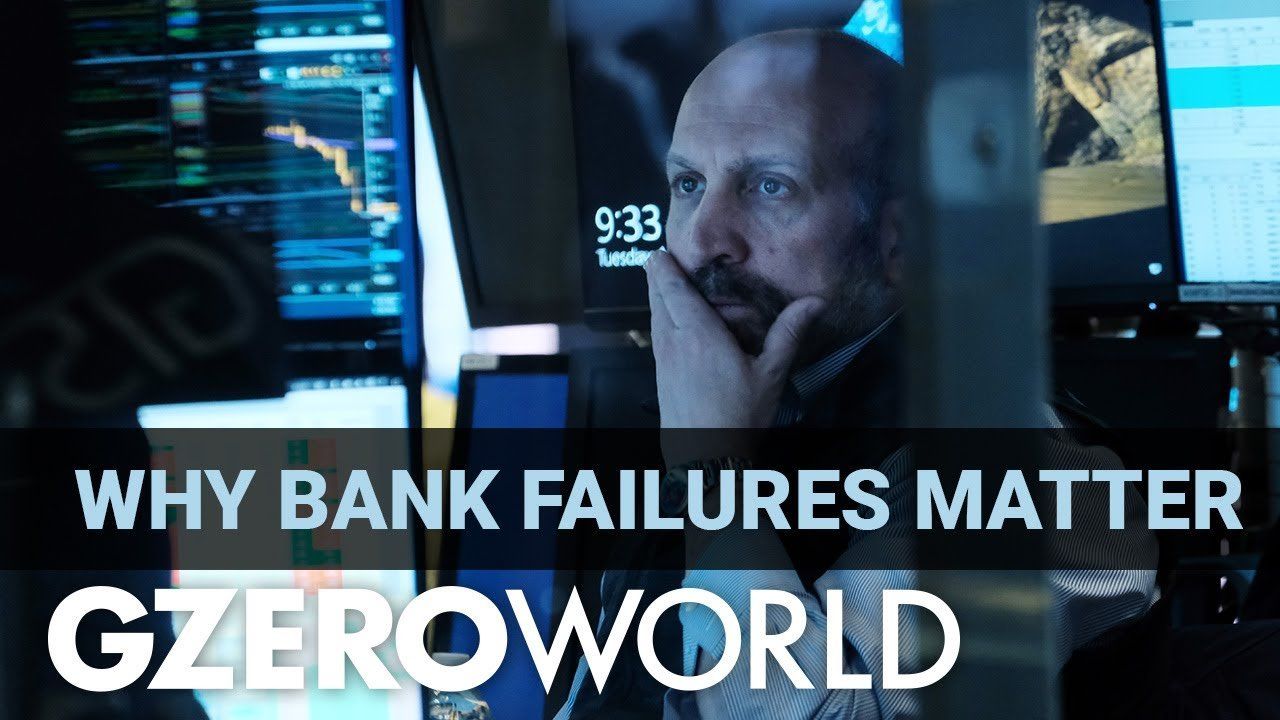
Banks, in many ways, are the backbone of the economy, but when Silicon Valley Bank and Signature Bank recently failed, it raised some tough questions about the stability and regulation of financial institutions. On GZERO World, Ian Bremmer and former US Treasury Secretary Larry Summers dive deep into the crisis and explore the complex factors that led to the banking turmoil.
Summers explains that the failures of these banks were caused by a combination of factors, including an increasingly digital world with high interest rates, risky investments, and long-term bonds that decreased in value as interest rates rose.
This led to depositors becoming alarmed about the security of their money and quickly moving it to other banks that offered higher returns. The banks' inability to manage these withdrawals sparked fears of a bank run and ultimately led to government intervention.
Summers also criticizes the management of Silicon Valley Bank for their "incompetence" and the Federal Reserve's regulation for not “stopping the accident that was waiting to happen.”
“In many ways, the financial system is like an anesthesiologist," Summers remarks, "nobody much notices a job that they're doing until something screws up."